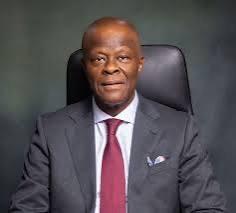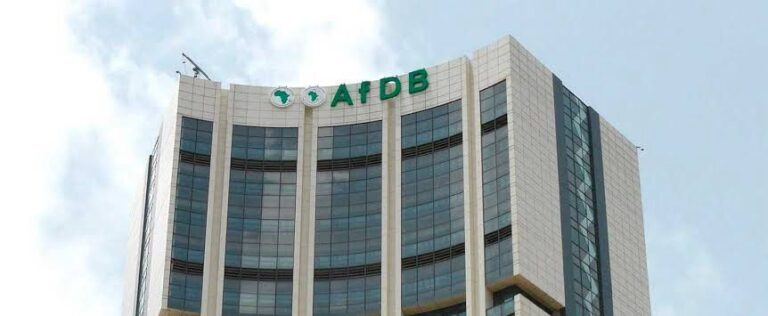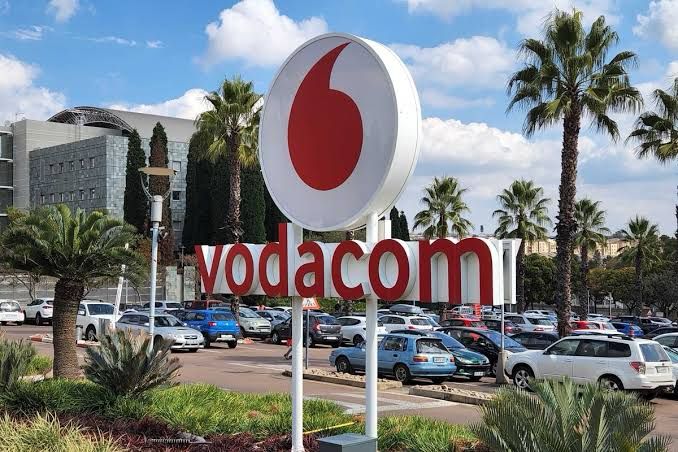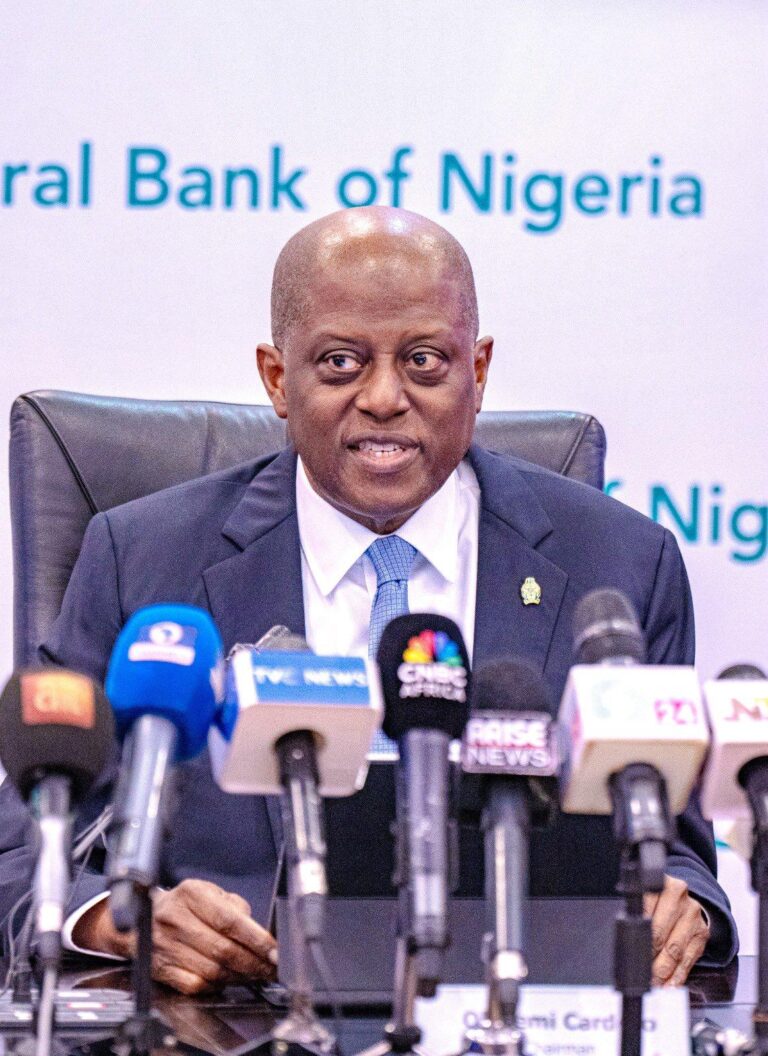The Nigerian government is charting a course toward “renewed stability and accelerated growth,” targeting a robust 7% annual GDP growth, according to the Honourable Minister of Finance and Coordinating Minister of the Economy, Mr. Wale Edun.
According to a statement from the finance ministry on Thursday, the Minister outlined a strategic economic vision centered on private sector-led investment, job creation, and improved public services.
Edun stated that the government’s economic policy is anchored on two key objectives. The first is to foster a stable macroeconomic environment that encourages private sector expansion, while the second focuses on building stronger government savings to fuel public investment in vital sectors such as education, health, and infrastructure.
“Our task is to translate this into tangible improvements in the lives of Nigerians,” Edun said, emphasizing the goal of creating more and better-paying jobs and delivering superior public services.
The Minister highlighted recent positive economic indicators, suggesting that the government’s reforms are beginning to yield results. He noted that Nigeria’s GDP growth reached 3.13% in the first quarter of 2025, a significant increase from 2.3% in the same period of 2024.
This growth, he added, is being driven by the diversification of the economy, with sectors like trade, communications, and construction showing strong performance; figures consistent with data from the National Bureau of Statistics (NBS) which attributed the growth to a robust services sector.

Furthermore, Edun announced that inflation has moderated, reaching 22.22% as of June 2025, marking the third consecutive month of decline.
This moderation is supported by a stable foreign exchange market and a tighter monetary policy from the Central Bank of Nigeria (CBN). The government’s commitment to fiscal discipline and structural reforms is designed to further reduce inflation, lower the cost of capital for businesses, and increase the purchasing power of households.
In a move to build investor confidence and ensure effective resource management, the government has settled outstanding capital budget obligations and is prioritizing spending on critical sectors. The Minister also revealed that Nigeria’s foreign exchange reserves stood at approximately $39 billion in July 2025. This, according to a recent communique from the CBN’s Monetary Policy Committee, provides a healthy import cover.
To achieve the ambitious 7% annual GDP growth target, the government’s strategy includes implementing policies that directly support private sector expansion, investing in key infrastructure, and promoting agricultural development to boost food production and security.
“We are committed to a coordinated fiscal and monetary policy framework that can substantially and sustainably reduce inflation,” Edun affirmed.













